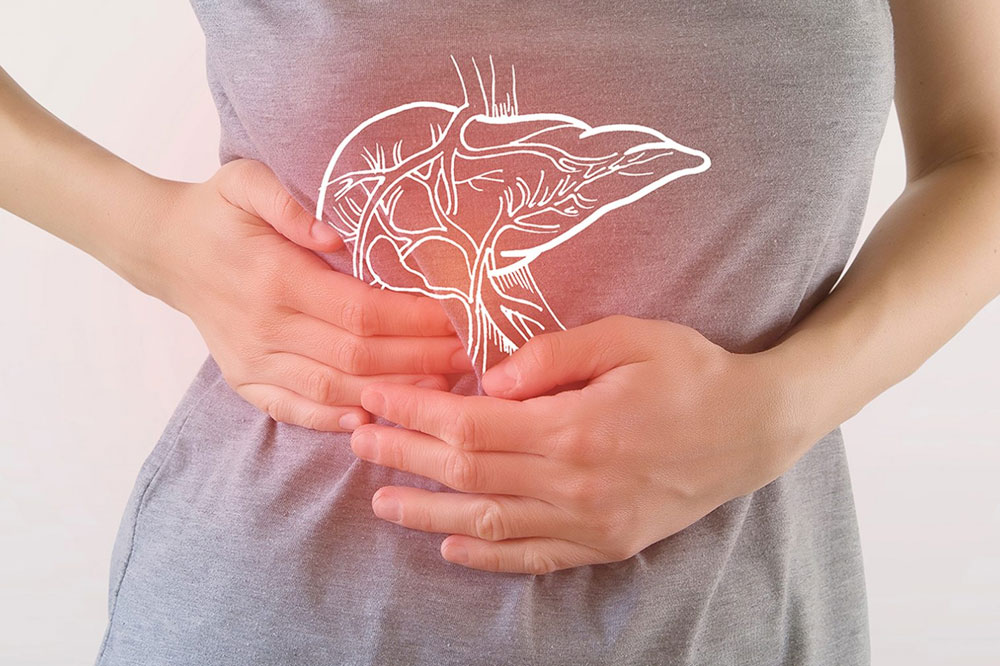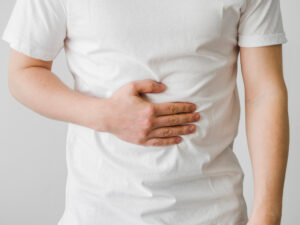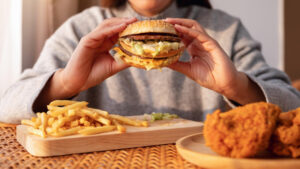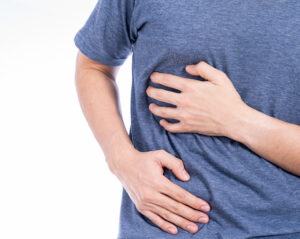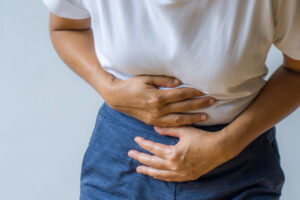Managing liver cirrhosis can be tough, but one of the most effective ways to handle this condition is through your diet. The foods you choose to eat—and those you avoid—can significantly impact your liver’s performance and how your body copes with cirrhosis. While there isn’t a one-size-fits-all cure for liver disease, making the right dietary choices can help shield your liver from additional harm, prevent complications, and ensure you receive the essential nutrients needed to maintain your strength.
Why Diet Matters in Liver Cirrhosis
Cirrhosis refers to the scarring of liver tissue that results from prolonged damage. This damage can stem from various factors, including chronic alcohol consumption, hepatitis, fatty liver disease, or other liver-related issues. As cirrhosis progresses, your liver’s ability to carry out essential functions—like filtering toxins from the bloodstream, aiding digestion, and storing energy—diminishes. Over time, this can lead to malnutrition and muscle loss, as your liver struggles to effectively process nutrients.
This is where diet plays a crucial role. By selecting foods that are gentle on your liver and rich in the right nutrients, you can help bolster liver function, sustain energy levels, and lower the risk of complications. Conversely, consuming foods that are difficult for the liver to process can exacerbate the situation, leading to further liver damage or worsening symptoms such as bloating and fluid retention.
What to Eat: Foods That Support Liver Health
Incorporating nutrient-rich, liver-friendly foods into your diet can help manage cirrhosis and promote better overall health. Here are some key food groups to focus on:
1. Lean Protein
Individuals with cirrhosis often find it challenging to maintain muscle mass, making it essential to consume enough protein to prevent muscle wasting. However, since the liver has difficulty processing large amounts of protein, it’s best to choose lean sources.
– Good choices: Chicken breast, turkey, fish, beans, lentils, and tofu.
– Why it helps: These protein sources are easier to digest and provide essential amino acids without overwhelming the liver.
2. Fruits and Vegetables
Rich in vitamins, minerals, and antioxidants, fruits and vegetables help safeguard your liver from further damage. Fibre-rich vegetables also aid in digestion, which can be problematic for those with cirrhosis.
– Good choices: Berries, apples, leafy greens, carrots, broccoli, and cucumbers.
– Why it helps: The antioxidants found in fruits and vegetables combat inflammation and oxidative stress, both of which can be detrimental to liver health.
3. Whole Grains
Whole grains such as oats, brown rice, and quinoa offer fibre, which helps regulate blood sugar levels and enhances digestion. These grains are also energy-dense, which is vital for preventing malnutrition in individuals with liver disease.
– Good choices: Oatmeal, whole-wheat bread, brown rice, quinoa, and barley.
– Why it helps: Fibre promotes healthy digestion and helps prevent toxin accumulation in the body.
4. Healthy Fats
Your body requires fats to absorb certain vitamins, but not all fats are beneficial. Healthy fats from plant-based sources and fish can help reduce inflammation without placing excessive strain on the liver.
– Good choices: Avocados, olive oil, nuts, seeds, and fatty fish like salmon.
– Why it helps: These fats are high in omega-3 fatty acids, which possess anti-inflammatory properties and can enhance liver health.
5. Low-Sodium Foods
For individuals with cirrhosis, it’s often recommended to limit sodium intake, as excessive salt can cause fluid retention and exacerbate symptoms such as swelling and bloating (ascites). Choosing low-sodium foods and avoiding added salt is crucial.
– Good choices: Fresh fruits, vegetables, unsalted nuts, and herbs or spices for flavouring.
– Why it helps: Cutting back on sodium helps prevent fluid accumulation and eases the burden on your liver and kidneys.
What to Avoid: Foods That Can Worsen Cirrhosis
Equally important as knowing what to eat is understanding what to steer clear of. Certain foods can irritate cirrhosis and hinder your liver’s ability to function effectively.
1. Alcohol
For those with cirrhosis, alcohol is one of the most harmful substances for the liver. Even small quantities can accelerate the progression of liver disease, making it vital to avoid it entirely.
– Why to avoid: Alcohol directly harms liver cells, resulting in increased scarring and worsening of cirrhosis.
2. High-Sodium Processed Foods
Packaged and processed foods are often high in sodium, which can exacerbate fluid retention and elevate the risk of complications like ascites and high blood pressure.
– Foods to avoid: Canned soups, processed meats, frozen meals, salty snacks, and fast food.
– Why to avoid: These items contain excessive salt, which places additional stress on your liver and kidneys.
3. Fried and Fatty Foods
Fried foods, fast food, and high-fat snacks are difficult for the liver to process and can lead to increased liver inflammation and damage. Opt for healthy fats from plant-based sources instead.
– Foods to avoid: French fries, chips, fried meats, and baked goods high in trans fats.
– Why to avoid: These foods heighten the risk of fatty liver disease and can aggravate cirrhosis symptoms.
4. Sugary Foods and Drinks
Sugary foods and drinks, particularly those loaded with refined sugars like sodas, candy, and desserts, can contribute to increased fat accumulation in the liver, exacerbating cirrhosis.
– Foods to avoid: Sodas, pastries, candy, and processed baked goods.
– Why to avoid: Excess sugar can lead to fat buildup in the liver, hindering its ability to function effectively.
5. Red Meat
Although protein is essential, red meat can be challenging for your liver to process, especially in large quantities. It may also elevate ammonia production in the body, which can be detrimental if your liver is not functioning optimally.
– Foods to avoid: Beef, pork, lamb, and other fatty meats.
– Why to avoid: Red meat is more difficult for the liver to digest and can lead to increased toxin levels in the bloodstream.
Tips for Managing Your Diet
– Meal planning: Organise your meals in advance to ensure a balanced diet that is low in sodium and rich in liver-friendly nutrients.
– Stay hydrated: Drink plenty of water to aid digestion and help eliminate toxins.
– Small, frequent meals: If you’re facing a reduced appetite, consuming smaller, more frequent meals can help you maintain adequate calorie and nutrient intake.
Eat Well, Live Better
Managing liver cirrhosis through diet doesn’t have to be daunting. By prioritising nutrient-dense, liver-friendly foods and steering clear of those that could worsen your condition, you can enhance your liver’s function and boost your overall quality of life. Remember, it’s never too late to implement positive dietary changes and take charge of your health.
Worried about your diet and liver health? Begin making small, manageable changes today and notice the positive impact on your well-being.

